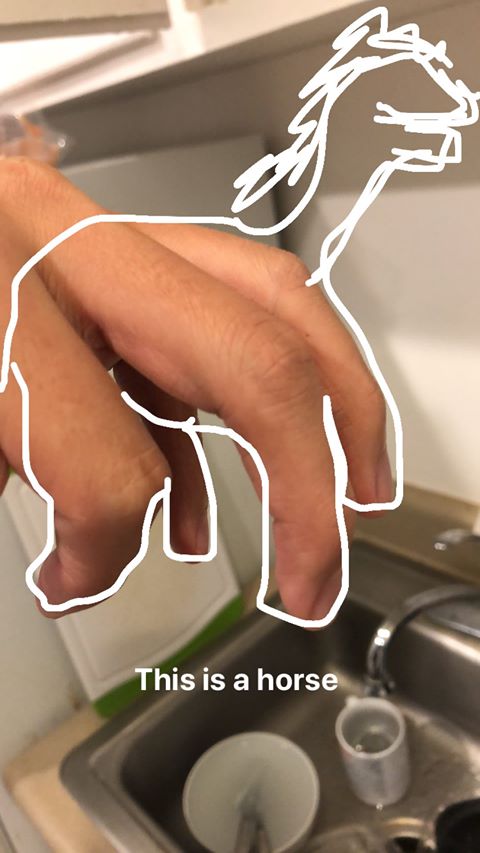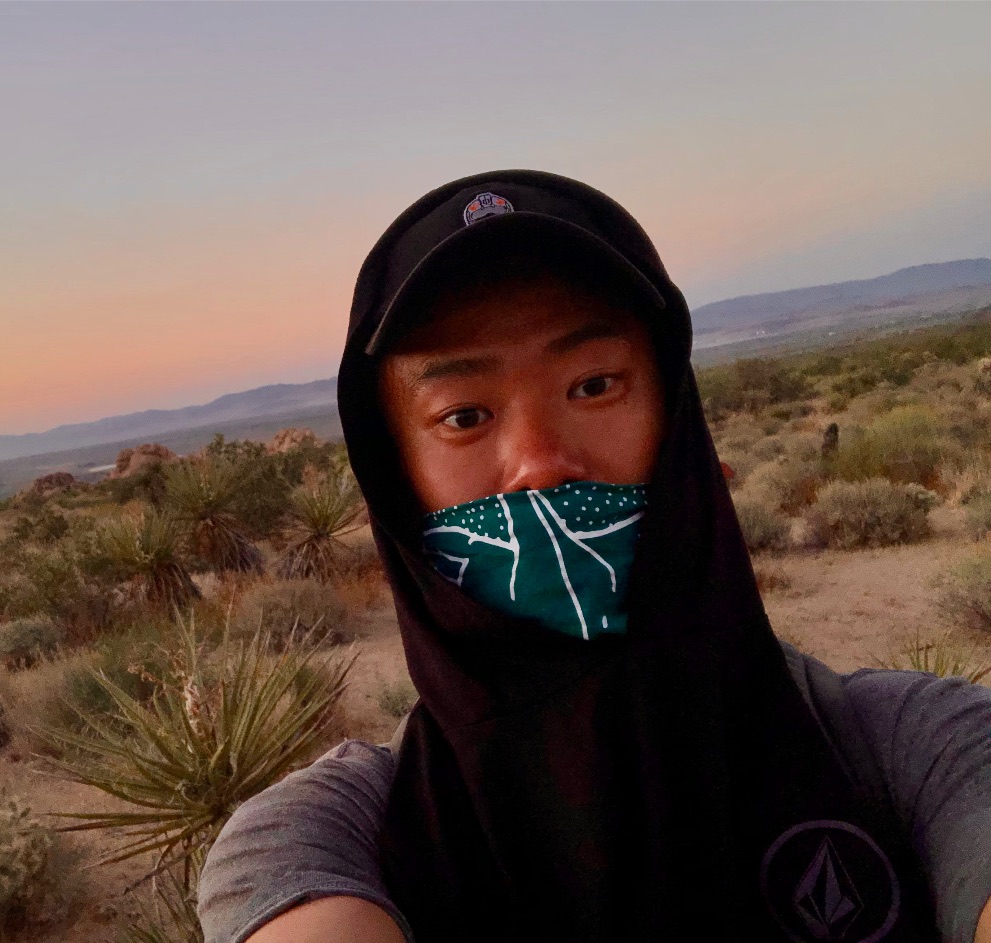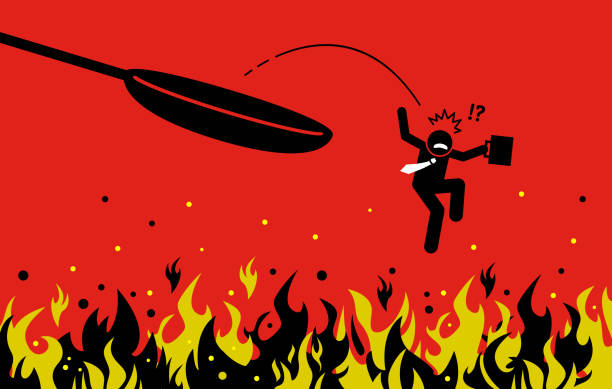You’d think that with all this free time I stumbled upon during the quarantine, I’d be churning out blog posts every other day, especially having committed myself (in writing, no less) to doing one every week this year. I could probably come up with all sorts of reasons for why it’s not happening and for why I haven’t posted anything in almost two months, like the stress and anxiety from being stuck at home during covid, the general state the world is in right now, etc. That might have been true for the first few weeks, where life was just in complete disarray. It still kind of is now, but I’ve definitely adjusted, and it’s not all that bad for me personally, or maybe I just gave up hope. Also, I’m in the paper-writing phase of a project, and maybe I’m fresh out of words? While I think these are all true to some extent, I don’t think they are the main reason for this hiatus. I gave myself a pass for the first few weeks, but I’ve been getting progressively more annoyed, because I’m still writing things, just not finishing and posting concrete posts. So I sat down this weekend to think about why this might be happening.
I think I’m afraid: I’m afraid that the next thing I write and throw out there into the void of the internet will not be as good as the last one, or that I will say something stupid and offensive unintentionally, or simply that nobody will care and it won’t get as many likes on social media, and that I’ve peaked at 100 retweets on a dumb conference summary.
Fear manifests itself in many ways. If you were to ask me, “are you scared of writing a blog post because it won’t be as good or people won’t like it as much?” I would’ve said hell no, because I write for myself first and foremost. Well, that’s the intention anyway. But also I mean I clearly write stupid shit on the internet all the time so that can’t be bothering me.
I think how the fear manifests right now is through a prohibitive perfectionism. I think about covering all potential branches of an idea even writing a single word because I want to be complete, to prepare for every conceivable possibility. It’s not because I think somebody will attack my argument on how toilet paper should have two different sides, or that we are all yogurt. But I want to feel that it’s good enough because I’ve demonstrated that I’ve thought this out thoroughly, and that I’m critical and clever in my coverage of the topic at hand, whatever trivial thing that may be. Now that I’m writing this, it sounds completely absurd.
I’m actually having a pretty interesting experience right now, bouncing back and forth between just letting the pen flow across the page, to stopping and thinking in my head to put together a sensible sequitur and a well-crafted sentence, which completely takes me out of the flow of writing. This latter mode is how I’m writing my paper though, with a lot of thought put into each sentence to convey maximum information with maximum clarity and precision. But for a blog post I’m hosting on my own website, there’s really no need for this kind of internal scrutiny. In fact, why I’ve set this up and why I’ve committed to writing regularly was precisely to have a space to be as imperfect as I need or want to be.
But creating something is already so hard, just from a technical point of view. It’s made harder when the imaginary critic is actively involved in this process, and in this case, the critic is the internalized and perceived reactions of others reading this. I think I’d said this in the first post of this year even, that a key skill I want to practice is to actively separate the process of writing and editing. More generally, to separate the process of creation and criticism—constructive or otherwise. But knowing in principle and doing in practice is very different, and fear takes over and freezes you in thoughtland readily.
Perfection and fear.
People say that perfection is the enemy of good, or of done. That’s only partially true. Perfection, and perfectionism, is not the enemy of good inherently. Striving for perfection is the only way to be good and to get better, kind of by definition. But because perfect doesn’t exist, hoping to stop only until you reach perfect is a fool’s errand. That much is true, but I don’t know how often I am, or if anyone is, actually setting out for perfection.
Fear, and the fear of wanting and working hard to try to be good but failing, on the other hand, is just as great of an enemy of good, of even starting, as perfection is.
A friend remarked a couple of months ago on how confident I appear in my writing. I thought that was interesting, and puzzling, because I don’t feel very confident very often, especially in anything that involves interacting with others as a human being, whether in person or through writing. She said that the fact that I’m able to put something out there that aims to be informative and potentially educational is a sign of confidence. Looking at the pieces of writing I had the most fun producing - in that it was effortlessly written - it’s not that I was the most confident in what I had to say, it’s that there was another emotion that overcame fear, and that I didn’t think about being confident or otherwise at all. I just didn’t think, period. Sometimes it’s the excitement over something I find really cool and that I need to share through writing. Sometimes it’s overwhelming emotion of joy or sadness. Most of the time it’s a need to sort through an idea or argument in my own head to settle the anxiety of confusion. But also very often it’s an outpouring of words from utter frustration and disbelief over how something in the world is, or how someone could possibly think that the field potential is the exhaust fumes of cortex. That last one, I learned, is called a diatribe. Those times, I don’t even edit much. I put the words down and forget about it.
On the other hand, when there’s no emotional drive to express, then fear overtakes the need to create, even though week after week I put “blogging” on my weekly to-do, even starting drafts for many ideas I have. I don’t know why this is inhibiting me in particular right now, or if it’s even more prominent right now or I’m just realizing it. Maybe it’s covid-related, that I don’t feel so strongly about anything in life in particular right now because every day is the same. Or maybe my paper-writing a the process of criticism there in a tight feedback cycle is bleeding over. Who knows. What I do know is that perfecting the craft of creating cannot happen if no words ever make it out onto the page.
I’m writing as if I’ve peaked and won a Grammy, but all this is is some random blog post on the internet. I can’t imagine the anxiety of producing actual art that people can only judge through whether and how much they like it. Maybe the process of overcoming fear and actively finding things in life that inspire or trigger me will reengage my feelings during this pandemic and make theses groundhog days a little less flat. As always, there’s a lot more I want to say here, for completeness’ sake, especially when it comes to the practice of writing. I’d always thought that writing is an intellectual process, because it involves putting verbal thoughts onto paper, literally just transcribing what I think, and that I’m horrible at truly creative expression like painting or even other forms of writing, like poetry. But maybe it’s not so different after all. As much as “thinking” is required, it needs to happen before and after writing, and interferes with the process of creating itself, especially if I’m trying to sound thoughtful or clever or “complete”, or whatever else I want to convey. Obviously the extent to which one should be bothered to edit is different for a blog post vs. a scientific article on which one’s career depends on, or even a tutorial that I’m writing with the explicit intent of teaching somebody something. But here, this space is truly a free one for me to mess around and still have the opportunity for interesting feedback and interaction with people.
A horse is a hand.
Just so you don’t leave here empty-handed after my self-therapy, here’s something I learned recently that is fantastically absurd: two weeks ago, I got into one of those late night conversations about completely random things with Matt and Zimu, and for whatever reason, I was told to watch this YouTube video of this guy horseshoeing his horse. Now, the place I’m from is surrounded by pastures and plains, but I grew up a city boy entirely, so I don’t know if this is common knowledge. I had never really thought about this too deeply either, but I’d always felt that putting horseshoes on a horse was, maybe, a minor act of animal cruelty? Because you’re nailing this heavy metal thing to the bottom of a horse’s foot, and that can’t be pleasant. But I figured they just did it once in the horse’s life, maybe after the horse reaches adulthood, and that the protection the horseshoes offered for the horse was worth the momentary pain. It was kind of stupid, but not that far from the realm of possibility considering how people interact with animals.
So you can imagine my mind being blown in real time when the guy started shaving stuff off of the horse’s hoof. Some discussion between us ensued, and as it turns out, I’m an idiot. The horseshoe does not, in fact, attach to the bottom of the horse’s naked foot, which I thought was what a hoof was. The hoof is actually a thick chunk of keratin, which is what fingernails are made of, and grows much like fingernails do. That was the point of this horseshoe video in the first place, that somebody needs to periodically re-shoe the horse and clean up the hoof. Now the whole “Jello is made of horse hooves” thing makes so much more sense. So then the gears start spinning in my head: if there’s a fingernail at the end of each leg on a horse, does that mean a horse’s leg is actually a finger, and that ONE horse is ONE HAND with 4 fingers? A horse is a hand???

So I looked this up today, and it’s like, not that far from the truth, but that’s also not even the wildest thing. Apparently people have known that the end of a horse’s leg is, basically, a finger, and it was thought that a horse has one finger on each leg. Horse hoof on Wikipedia says this:
A horse hoof is a structure surrounding the distal phalanx of the 3rd digit (digit III of the basic pentadactyl limb of vertebrates, evolved into a single weight-bearing digit in equids) of each of the four limbs of Equus species, which is covered by complex soft tissue and keratinised (cornified) structures.
I read this a few times and I can’t wrap my fucking head around it because I just couldn’t parse whatever was inside the parentheses: why does it say the 3rd digit if each leg only has one digit? What on Earth is an equid??? After some more poking around, I learned that the conventional wisdom is that ancestral horses had 5 fingers, you know, as one does. But over time, they evolved such that only the middle finger remained. I mean “middle finger” only makes sense when it’s contextualized by the fact that horses had 5 fingers, but I certainly have a newfound appreciation for horses now that I know the default state of a horse is that it’s flipping you off from all 4 limbs.
But maybe they really are flipping you off with the middle of their 5 fingers, because even wilder is that a paper from as recent as 2 years ago argued that all 5 digits are, in fact, still present on the horse’s leg. It’s not visible by eye, but the vasculature and nerve-endings support the fact that all 5 fingers are very much there. Imagine how much someone hates you if one day they decided that, fuck it, I will now do everything with only my middle fingers, including walking on it, so I can be flipping you off at all times.
Now, if you’re a centaur…




